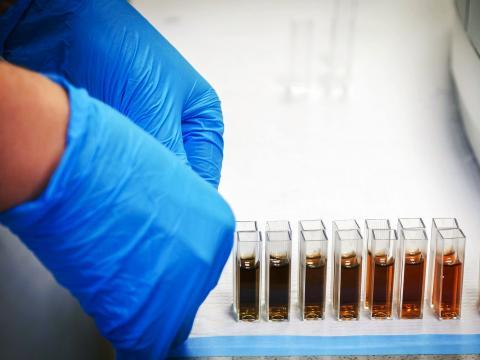
BMC Seminar Thursday April 13 in Læknagarður, room 201
Name: Valgerður J. Hjaltalín, PhD student under the supervision of Margrét Helga Ögmundsdóttir, Faculty of Medicine, University of Iceland.
Title: Role of the key autophagy protein ATG7 in tumor biology: Analysis of a mammalian specific function
Abstract: Autophagy is a highly conserved degradation pathway important for maintaining homeostasis in eukaryotic cells. The E1-like enzyme ATG7 belongs to a group of ATG proteins that mediate the autophagy process. Previously, we identified a missense variant within ATG7 which confers an increased risk of hepatic cancer in humans. A closer look revealed that the variant is situated within a region of ATG7 which emerged early in vertebrates (hence, the vertebrate specific region or VSR). Interestingly, this region emerged within the middle of the active domain of the protein and the most highly conserved domain of the E1-enzyme family. Structural models of ATG7 in various eukaryotic species predict that the VSR forms an intrinsically disordered loop that extends from the protein. Considering that ATG7 in other eukaryotes carries out the same autophagy function as its vertebrate orthologue, we wondered whether the VSR could harbor an autophagy independent function. Several autophagy independent functions of ATG7 have been described in mammalian models. On the contrary, MEFs expressing ATG7 lacking the VSR are unable to carry out the characterized function of ATG7 in autophagy, mediating the lipidation of LC3. Using Drosophila melanogaster with ATG7 knockout and rescue with human ATG7 we aim to elucidate this difference between invertebrates and vertebrates and the link between the VSR and cancer.
Online on Teams: Click here to join the meeting
